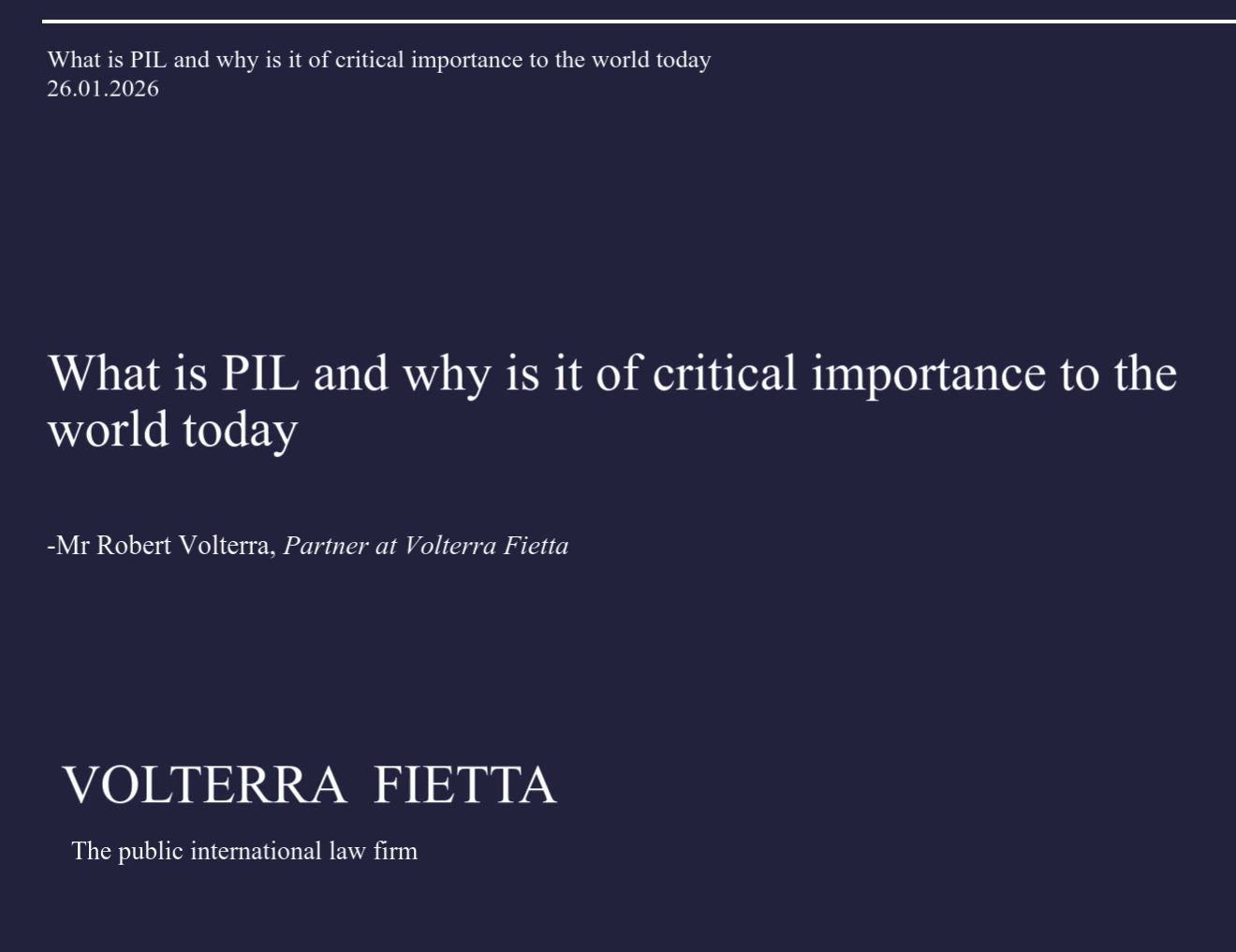The United States Supreme Court rules that federal courts are not required to give conclusive effect to a foreign government’s interpretation of its own domestic law.
On 14 June 2018, the United States (“U.S.”) Supreme Court (the “Supreme Court”) unanimously held that, when determining foreign law, U.S. federal courts should give respectful consideration to a foreign government’s interpretation of its law, but are not bound to accord conclusive effect to that interpretation.
Justice Bader Ginsburg wrote the opinion, which can be accessed here.
Background:
The Supreme Court’s decision in Animal Science Products arises out of proceedings brought by United States-based purchasers of Vitamin C products from China-based sellers. The purchasers claimed that the Chinese sellers had agreed to fix the price and quantity of vitamin C exported to the U.S., in violation of §1 of the U.S. Sherman Antitrust Act (Sherman Act, 26 Stat. 209, 15 U.S.C.). The Chinese sellers moved to dismiss the complaint on the ground that Chinese law required them to fix the price and quantity of vitamin C exports. The Chinese Ministry of Commerce filed an amicus curiae brief in support of the Chinese sellers explaining that the alleged conspiracy in restraint of trade was actually a pricing regime mandated by the Chinese Government.
The U.S. District Court for the Eastern District of New York (“EDNY”) decided not to follow the Chinese Government’s interpretation of its own law. On appeal, the Second Circuit Court of Appeals (“Second Circuit”) reversed the EDNY, holding that: “[W]hen a foreign government, acting through counsel or otherwise, directly participates in U.S. court proceedings by providing a [statement] regarding the construction and effect of [the foreign government’s] laws and regulations, which is reasonable under the circumstances presented, a U. S. court is bound to defer to those statements.” The Second Circuit concluded, based on the Chinese Ministry of Commerce’s statements, that “Chinese law required [the Chinese sellers] to engage in activities in China that constituted antitrust violations here in the United States.”
Key Findings:
The Supreme Court disagreed with the Second Circuit’s “unyielding rule” of deference and found that it was incompatible with Federal Rule of Civil Procedure 44.1 (“Rule 44.1”). That rule specifies that a determination of foreign law “must be treated as a ruling on a question of law”, rather than a question of fact, and permits a US court to consider “any relevant material or source” in making such a determination. The Supreme Court found that the Second Circuit had erred in disregarding evidence that contradicted the Chinese Government’s statement and thereby “fail[ing] to give careful and thorough treatment of the evidence before it”.
The Court held that “[a] federal court should accord respectful consideration to a foreign government’s submission, but is not bound to accord conclusive effect to the foreign government’s statements.” It noted that, although “[n]o single formula or rule will fit all cases”, five “relevant considerations” should guide courts in deciding what weight to give take a statement by a foreign government as to the meaning of its own domestic law: (1) “the statement’s clarity, thoroughness, and support”; (2) “its context and purpose”; (3) “the transparency of the foreign legal system”; (4) “the role and authority of the entity or official offering the statement”; and (5) “the statement’s consistency with the foreign government’s past positions.”
The Supreme Court also stated that the Second Circuit’s reliance on an earlier Supreme Court decision [United States v. Pink, 315 U. S. 203 (1942)] was misplaced. In Pink, the relevant declaration of Soviet law was provided through official diplomatic channels and was consistent with the Soviet Government’s past statements and with other expert evidence provided by the side that was challenging the Soviet government’s interpretation. By contrast, the amicus brief filed by the Chinese Government in Animal Science Products contradicted the factual and expert evidence provided by the U.S. purchasers.
The Supreme Court vacated the Second Circuit’s judgment and remanded the case for reconsideration of the proper interpretation of the relevant Chinese law.
The effect of the Judgment:
The Supreme Court’s decision in Animal Science Products confirms the long-standing rule that U.S. courts determine the content of foreign law as a matter of law and clarified that U.S. courts are not bound to give conclusive effect to statements made by foreign governments as to the meaning of their own law. They must consider these statements carefully “in the spirit of ‘international comity’”, but may they use their considerable discretion to accord weight to statements made by foreign governments on a case by case basis.



